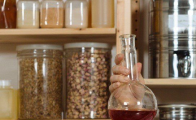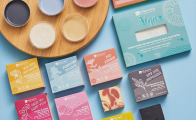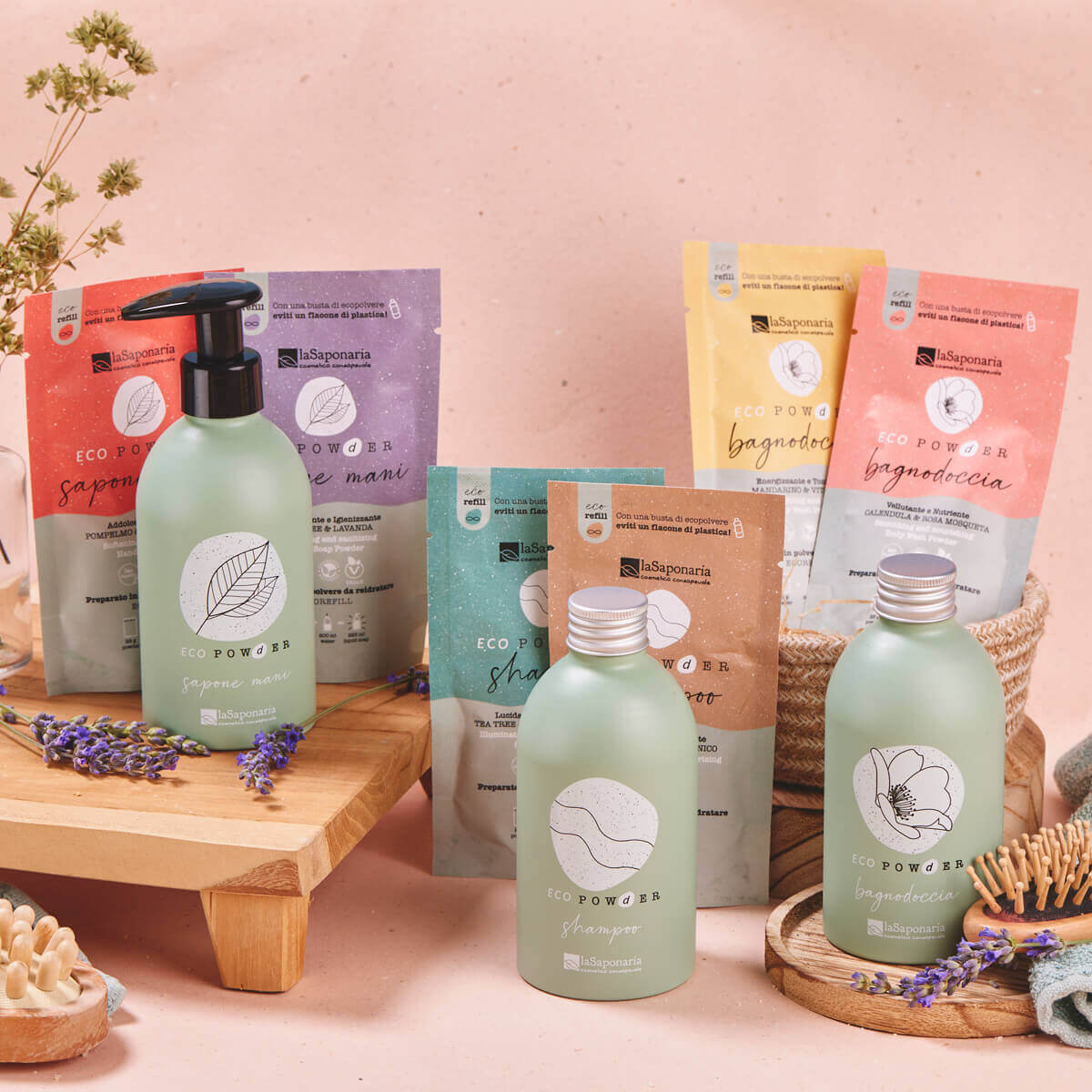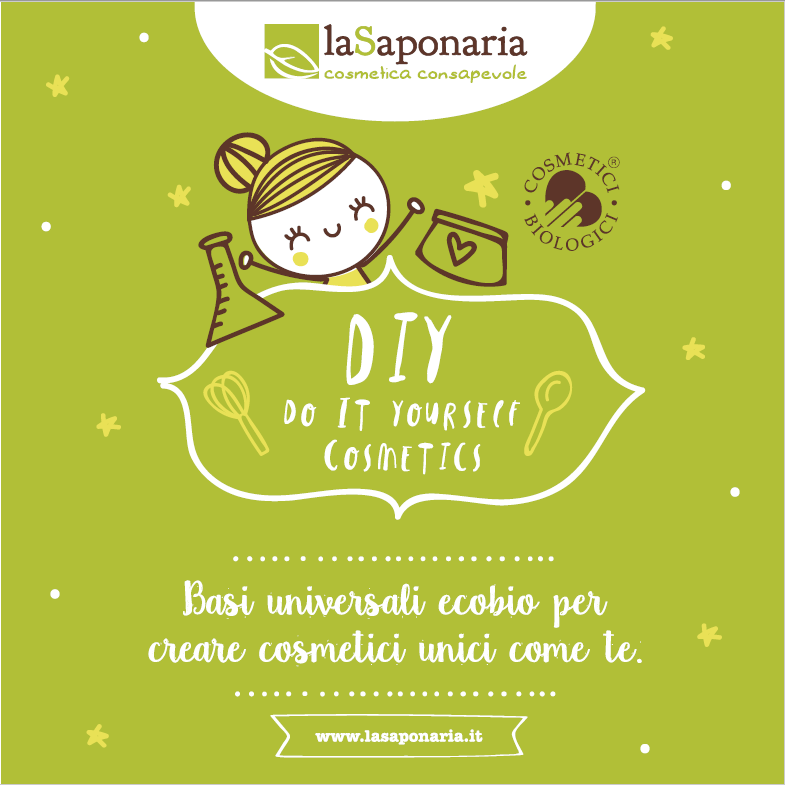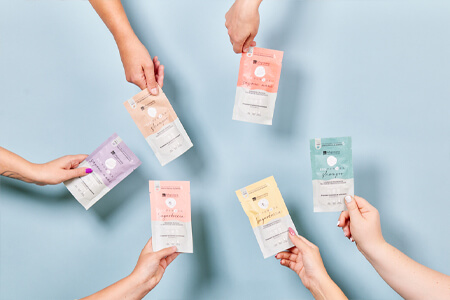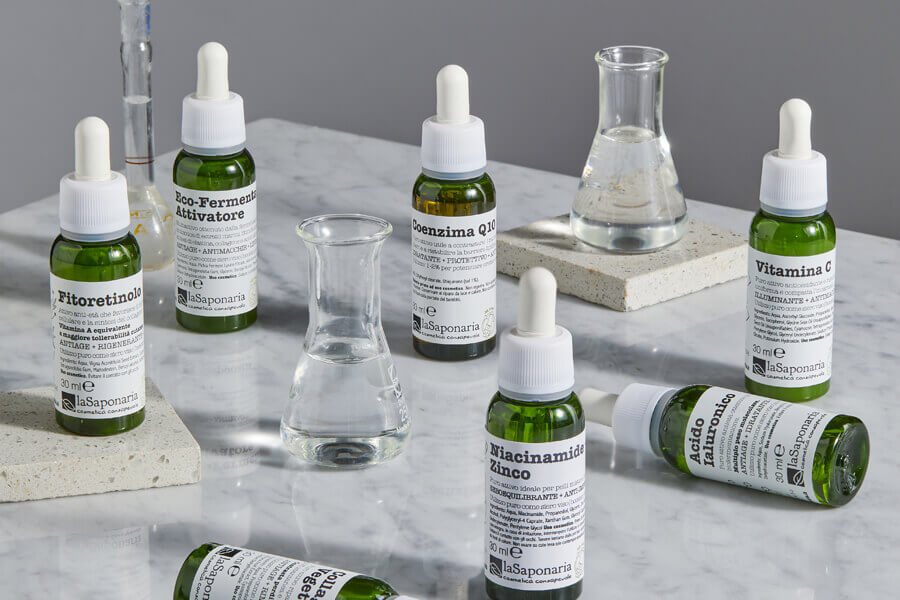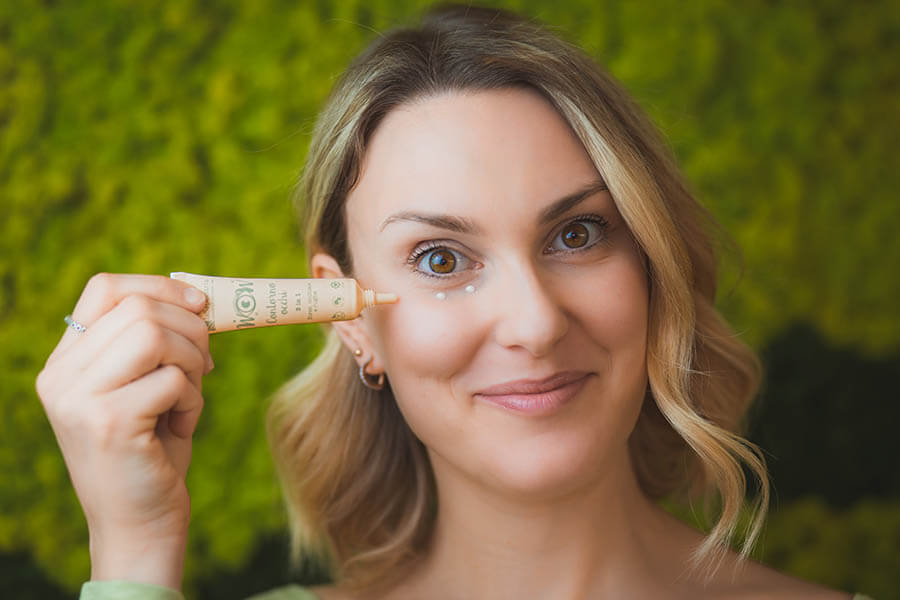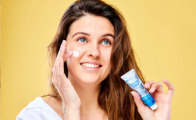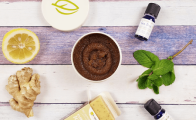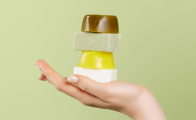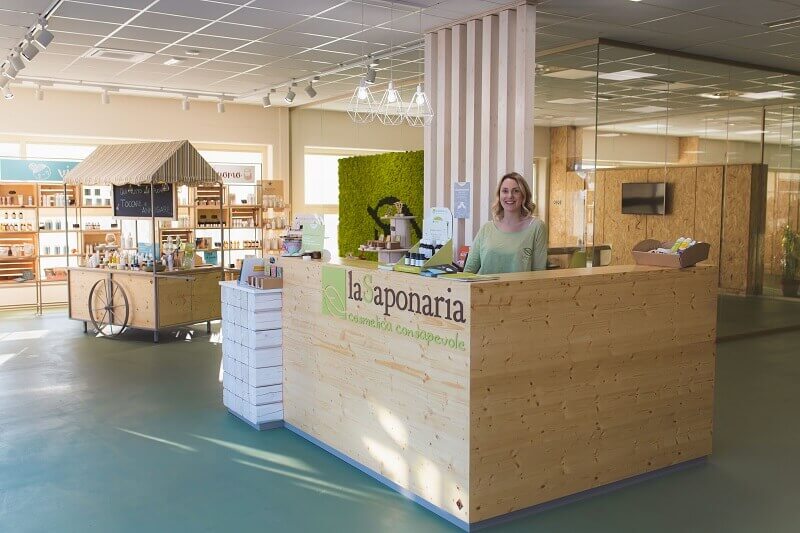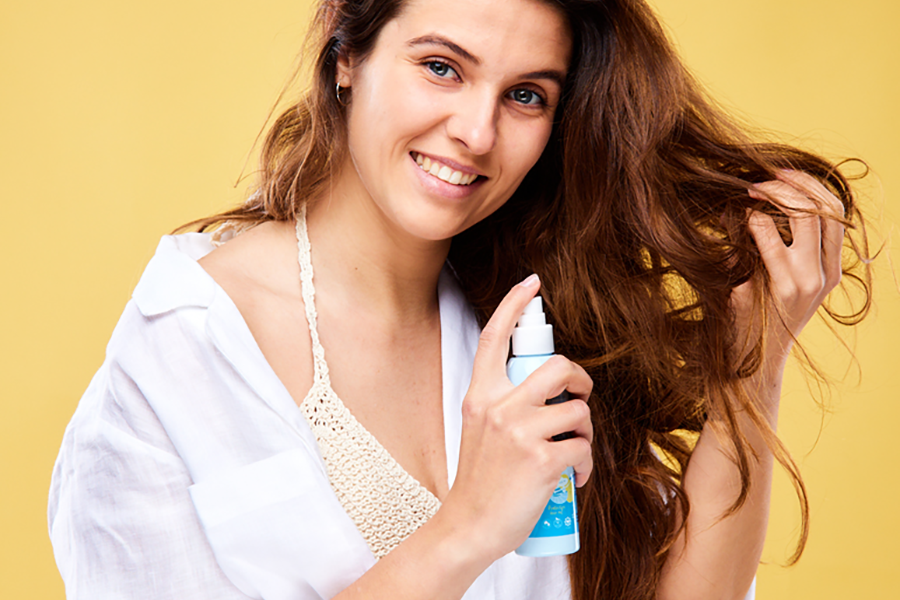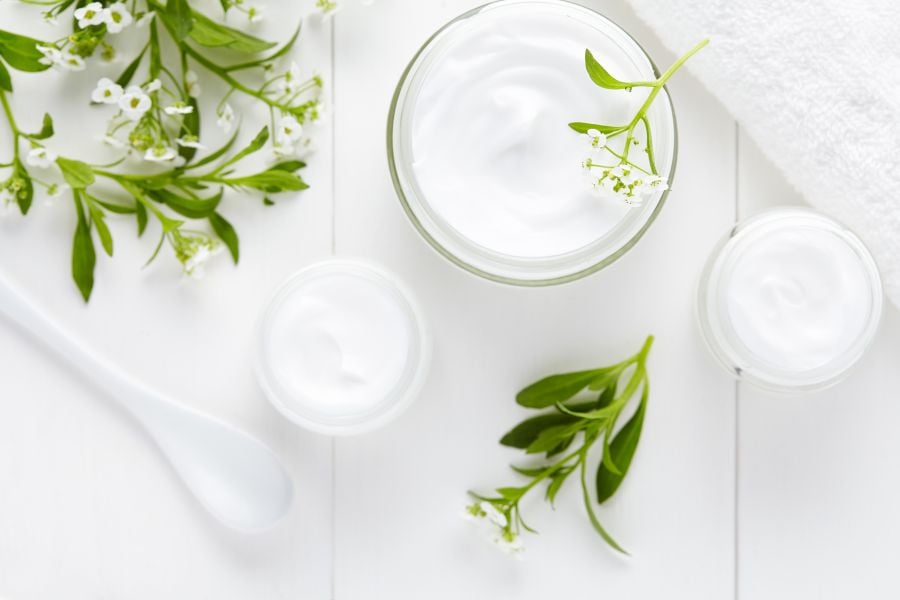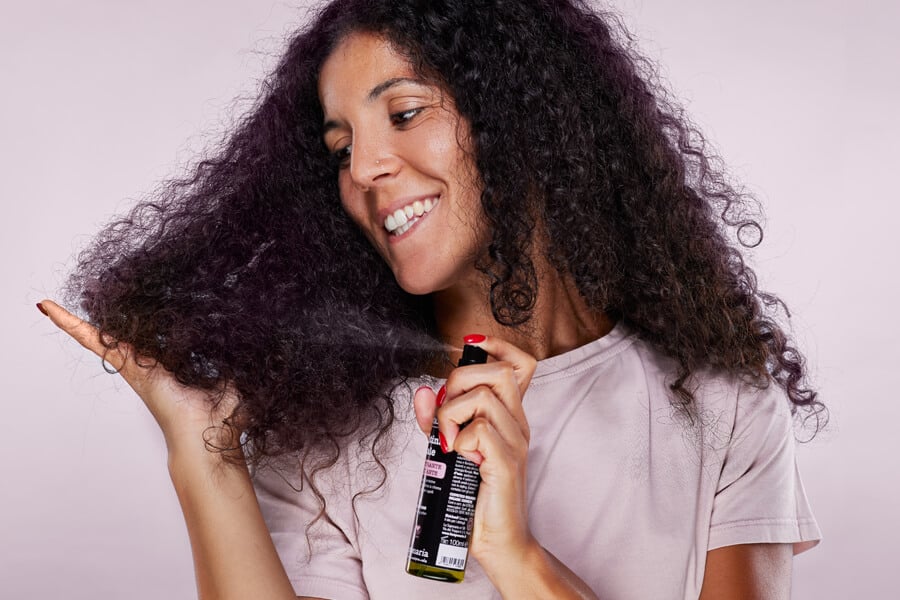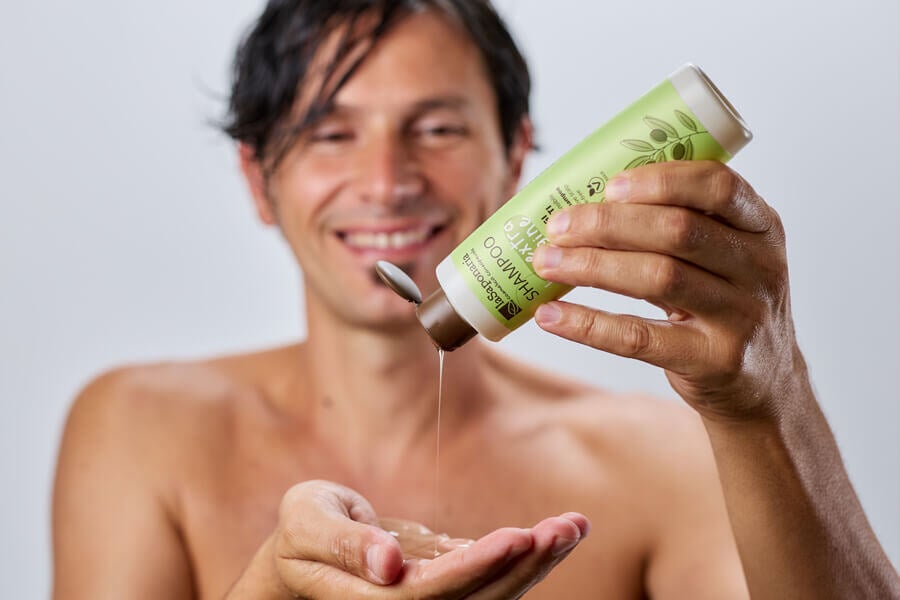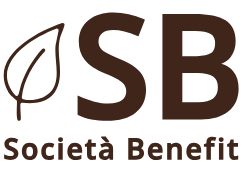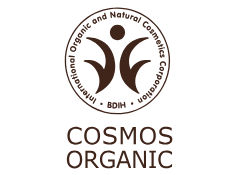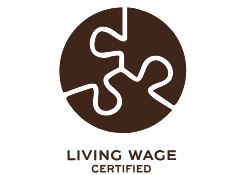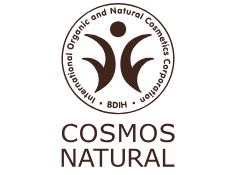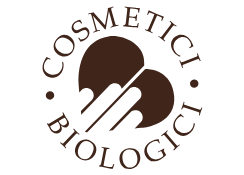The insights of La Saponaria
What are the ingredients in cosmetics to avoid during pregnancy?
In the nine months of gestation, the expectant mother must pay attention to a series of elements including, for example, nutrition. But great care must also be paid to the choice of cosmetics, or rather, to the ingredients they contain: there are some that are best avoided. Let's see together what they are!
Pregnancy is a very important moment for every mom to be: from when she discovers she is pregnant until the day of delivery, there are several things that a future mother must pay attention to, gestures and habits that must be changed to take care of herself and of the oncoming baby. You can rest assured: any extra attention will surely be repaid when you can hold your little one in your arms!
If it is true that there are some foods that it is better not to eat during pregnancy because they can pose a real risk for our little ones, in the same way there are a series of cosmetic ingredients that should be avoided because they could be transmitted through the mother's skin to the baby. It is therefore necessary to pay close attention to the INCI of the beauty products that we choose to use during the nine months of pregnancy and to check that there are no 'harmful' ingredients. Which ones are they? We talk about it in this article!
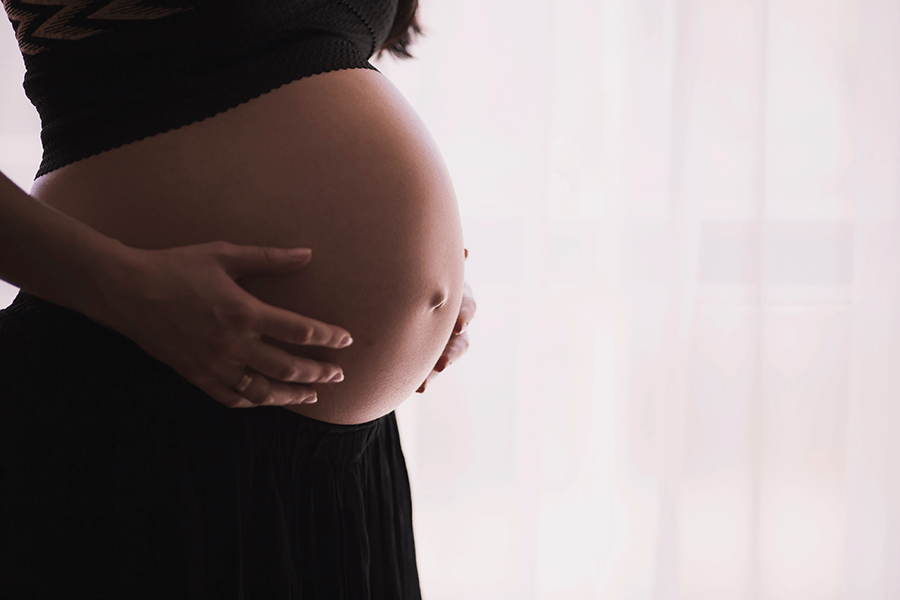
Ingredients to avoid during pregnancy
Before launching yourself to sift through the list of ingredients advised against during pregnancy, it is better to stop and reflect on one point: every expectant mother is different, which is why there is no truly exhaustive list of products to ban. The advice is always to talk to your doctor who knows your specific condition and can guide you towards more informed choices.
That said, let's always remember that the cosmetic industry uses totally safe ingredients in its formulations, subjected to various tests, but pregnancy is a particular period in the life of mother and child and it is right to investigate, without however getting anxious! It is very probable that most of the products you used before becoming pregnant are also suitable now that you are pregnant.
To find out, all you need to do is arm yourself with a little patience and read the Inci that you find on the bottles of your cosmetics: you don't know what it is or it's not clear how to read it? In the next paragraph you will find everything you need to know!
What is Inci?
Surely you have noticed more than once the list of ingredients on the packaging of your favorite biscuits or on the tetrapak of the fruit juice you drink every morning.
In the same way, the Inci reports the list of ingredients that make up the formula of that specific cosmetic. They are listed in decreasing order of concentration, this means that the first ingredient on the list will be contained in greater doses than the second, the second than the third and so on up to the last.
The Inci is used in all EU member states and in many other countries in the world such as the United States, Russia and Canada therefore, precisely to avoid language barriers and make the list understandable to all, and written in English, with the exception of parfum (perfume) which is in French and some terms which are in Latin: this is the case of the botanical names and of the ingredients present in the pharmacopoeia. Ok, Latin is not a language that we all know and not even the alphanumeric codes that indicate the presence of dyes are easy to interpret: sometimes reading the Inci can be tiring! For this there are various useful tools to decipher them! If you want to know more about this topic, you can go to our article INCI lists: how to read them and all the useful tools to decipher them
In the list below you will find all the ingredients to avoid during pregnancy and, where necessary, the Inci nomenclature. By law, the Inci must always be present and truthful, so you can rest assured: if none of the substances below are present, you can continue to use it safely during pregnancy!
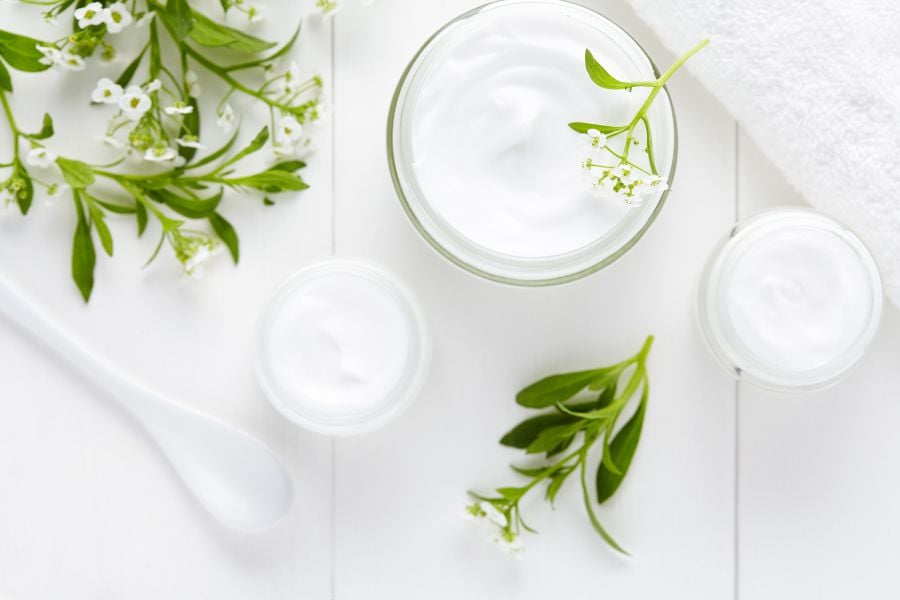
Cosmetic ingredients to avoid during pregnancy
As promised, below you will find the point-by-point list of ingredients that would be best avoided during pregnancy, accompanied by the Inci nomenclature and the reasons that make them unsuitable for a mom to be and her baby:
- Retinol (or vitamin A) and its derivatives: it is an ingredient that we often find in cosmetics to treat acne or in anti-aging creams, because it is excellent for counteracting wrinkles and promoting cell renewal. Its use is not recommended during pregnancy because it can cause problems for the development of the fetus. In Inci you find it as Retinyl Palmitate or Retinyl Acetate. In general it is a photosensitizing ingredient and not suitable for sensitive skin. If we still want to have its beneficial effects but not the disadvantages, we can opt for Phytoretinol, a pro-vitamin A equivalent, completely natural, easily tolerated by the skin and with all the positive characteristics of retinol. Fitoretinol can be used safely even during pregnancy!
- Salicylic acid: it is usually present in anti-acne treatments or exfoliating products but it is not recommended to use products with this ingredient during pregnancy because it is able to penetrate deeply and could be dangerous for the fetus. The inci nomenclature is: Salicylic Acid.
- Caffeine: in cosmetics it is used in anti-cellulite solutions and in the eye contour to 'awaken the gaze'. It is better to avoid it if we usually drink a lot of coffee a day, because being an active stimulant it could pass into our bloodstream and reach the fetus. In the Inci you can find it under the name of Caffeine. Certainly if we don't drink coffee and spread a cream with Caffeine inside, we won't encounter who knows what problem! It's one of those ingredients to keep an eye on, but it's up to us to evaluate its use! For example, it is possible to use our Fitocell anti-cellulite cream during pregnancy: by applying it twice a day as indicated, the equivalent of a cup of coffee is assumed. If we don't take other coffees during the day we won't have any problems!
- Aggressive surfactants: the most 'famous' of the band is Sodium Lauryl Sulphate (SLS) a surfactant of natural but very aggressive origin, which risks altering the skin lipid film, damaging the skin, which is already subject to irritation during pregnancy and tension. it is therefore important that the surfactants are contained in small doses, therefore as much as possible at the end of the Inci. If we are looking for mild detergents that do not contain this ingredient, we can find them here.!
- Essential oils: essential oils during pregnancy are not entirely prohibited, but it is better to use them with caution, because some recent studies have highlighted their ability to interfere with the endocrine system. Better to avoid massages or baths with essential oils. Of course, this does not mean that every cosmetic product containing even a small amount of essential oil should be banned from our routine! If we have any doubts, in any case, we can always ask our doctor. In general, however, it is better not to use essential oils in high doses during pregnancy, especially in the first three months. The pure use of some essential oils in particular is particularly not recommended during pregnancy including anise, basil, birch, camphor, cinnamon, chamomile, cloves, cumin, fennel, jasmine, juniper, marjoram, peppermint, artemisi, nutmeg , oregano, rosemary, sage, thyme and others.
- Tetracyclines: they are antibiotics, they include doxycycline and minocycline used in anti-acne treatments or against Lyme disease. They can damage the liver if taken during pregnancy.
- Hydroquinone: We find it in skin lightening agents. During pregnancy, dark spots - chloasma - may develop on certain areas of the body. It is therefore important not to treat them with products that contain it because it could be absorbed through the skin and have unknown effects on the fetus. In any case, chloasma usually disappears within a few months after delivery. In the Inci we find it with the name of Hydroquinone.
- Ammonia: many hair dyes contain it in the Inci with the name of Ammonium Hydroxide, but it is better to avoid it during pregnancy because it could irritate the skin and lungs of mother and child. If you are looking for a hair dye suitable for the period of pregnancy you can always opt for herbal dyes, such as Hennetica dyes, which range from blond to very dark brown.
- Dihydroxyacetone: many self-tanning sprays contain it and it is dangerous for mother and baby if inhaled. In the ingredients list you find it as DHA or Dihydroxyacetone.
- Formaldehyde: is a known carcinogen and cannot be used as a preservative and disinfectant. But some chemicals may release formaldehyde including: bronopol, DMDM hydantoin, diadzoninyl urea, hydroxymethylglycinate, imidazolidinyl urea, quaternium-15, 5-bromo-5-nitro-1,3-dioxane. Formaldehyde can increase the chances of infertility problems or miscarriage.
- Aluminum chloride hexahydrate: we can find it among the ingredients of deodorants, especially antiperspirants, with the name of aluminum chloride.
- Chemical sunscreens: oxybenzone and its derivatives are the most commonly used UV filter in sunscreens. Its potential negative effects on the health of the mother and baby make it inadvisable, especially since there are sunscreens on the market with physical filters such as the 'Osolebio Line, sunscreens designed to take care of the skin during and after exposure to the sun. To learn more about the difference between chemical and physical sunscreens you can read our in-depth article here.
- Parabens: they are used as preservatives in many cosmetic products and are recognized in the Inci because they use the prefixes methyl-, ethyl-, propyl-, butyl- followed by the word paraben.
- Aluminum salts, often present in deodorants because they block perspiration and thus the development of bad odours. They are under investigation for being possible endocrine disruptors. On the Airc website we read: "experts believe that there is, at the current state of research, no concrete link between aluminum in deodorants and breast cancer." In any case, pending further studies that confirm or deny the safety, it would be better to avoid prolonged use of these products on our body as a precaution. We talk about it in this article.
Now you just have to carefully check the labels of the products you use or those you plan to buy to make sure that none of these ingredients are present. And the La Saponaria products? Do they contain any of these ingredients?
Are there any La Saponaria products to avoid during pregnancy?
All our products are natural and formulated with excellent ingredients: we choose them with care to always guarantee you the best possible result without any compromise regarding the Inci.
If you are already used to pampering your skin with our organic products, you can generally continue to use them even during pregnancy. If, on the other hand, you have not yet embarked on the discovery of organic cosmetics or perhaps you have not yet tried our delicious, conscious products, it is the right time to introduce green products into your habits, which are notoriously more delicate on the skin than those of traditional cosmetics. So green light to organic products!
However, it must be said that a clean INCI is not enough for a product to be safe in pregnancy: by scrolling through the list above you will surely have noticed that it is not composed only of chemical elements - which you certainly will not find in our products - but also of natural ingredients, such as example some essential oils. To make it easier for you to identify La Saponaria products that contain non-recommended ingredients in the Inci, we have prepared a second list. Here is the list of all our products to pay attention to if you are pregnant:
- Shower gel and After sun lotion: we point them out to you because among their ingredients is the essential oil of basil.
- Bye Bye Impurità! - Solid purifying face soap: contains Neem oil which can be used during pregnancy but only in small quantities and sage essential oil.
- Organic intimate wash - burdock and marigold: contains sage essential oil.
- Bagnodoccia mediterraneo: present the essential oil of sage.
- Nourishing body cream: among the ingredients we find the essential oil of thyme.
- Cellulite imperfections cream FITOCELL: contains caffeine which is not prohibited during pregnancy but should not be exceeded. In fact, the recommended dose is 200-300 ml per day (always refer to your doctor's instructions): we'll let you know, so you can do your calculations.
- 3-in-1 Eye Contour Cream: here too you have to pay attention to the presence of caffeine.
- Forza Hair Wondermask: caffeine, excellent for stimulating hair growth and counteracting its fall, is also found in the formulation of this product.
- Forever Young - Antiage face mask: we also point out the presence of caffeine in the Inci.
Do you love some of these products and don't want to give them up? Talk to your doctor! We have reported them to you because they contain ingredients that it is better to pay attention to in general, but from the characteristics of the ingredients reported you can certainly make a personalized assessment based on your specific needs and characteristics.

Are there any La Saponaria products recommended during pregnancy?
Yes! Certainly to be taken into consideration are the Stretch marks Serum and the Stretch marks Body Butter for the prevention of stretch marks during pregnancy.
Another feature that expectant mothers have in common is the need to protect the face with a sunscreen with SPF to avoid the appearance of spots and the Antipollution firming face cream SPF 30 comes to our aid.
We also have our Mom beauty routine kit which contains everything you need to pamper your face and body skin during pregnancy. Inside we find:
- Stretch marks Organic Serum, to be applied morning and evening in synergy with the butter
- Stretch marks Organic Body Butter, to be applied morning and evening after the serum
- Almond & Ginger Shower Soap, with a light scrub effect
- Antipollution firming face cream SPF 30, to protect the skin from sun, smog and oxidative stress and avoid spots
- Wondermask - 2 steps, anti-aging face mask with a detox and illuminating effect
All products contained within the package are full size and have a 15% discount.
What we can now wish you is a beautiful and peaceful pregnancy, free from anxieties and fears! And a good birth!

Written by Simona
She is La Saponaria’s digital writer: always juggling a newsletter to send and a blog article to publish, she lovingly takes care of our social media channels and our e-commerce.



